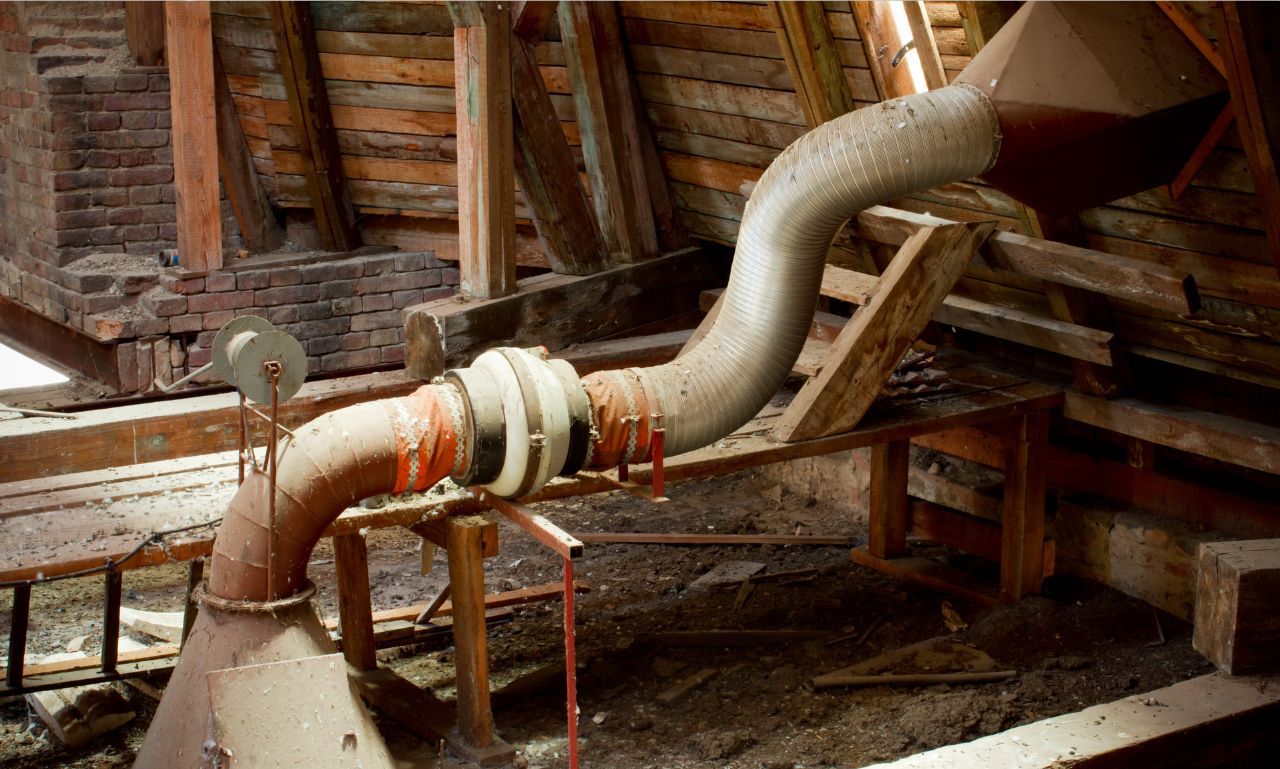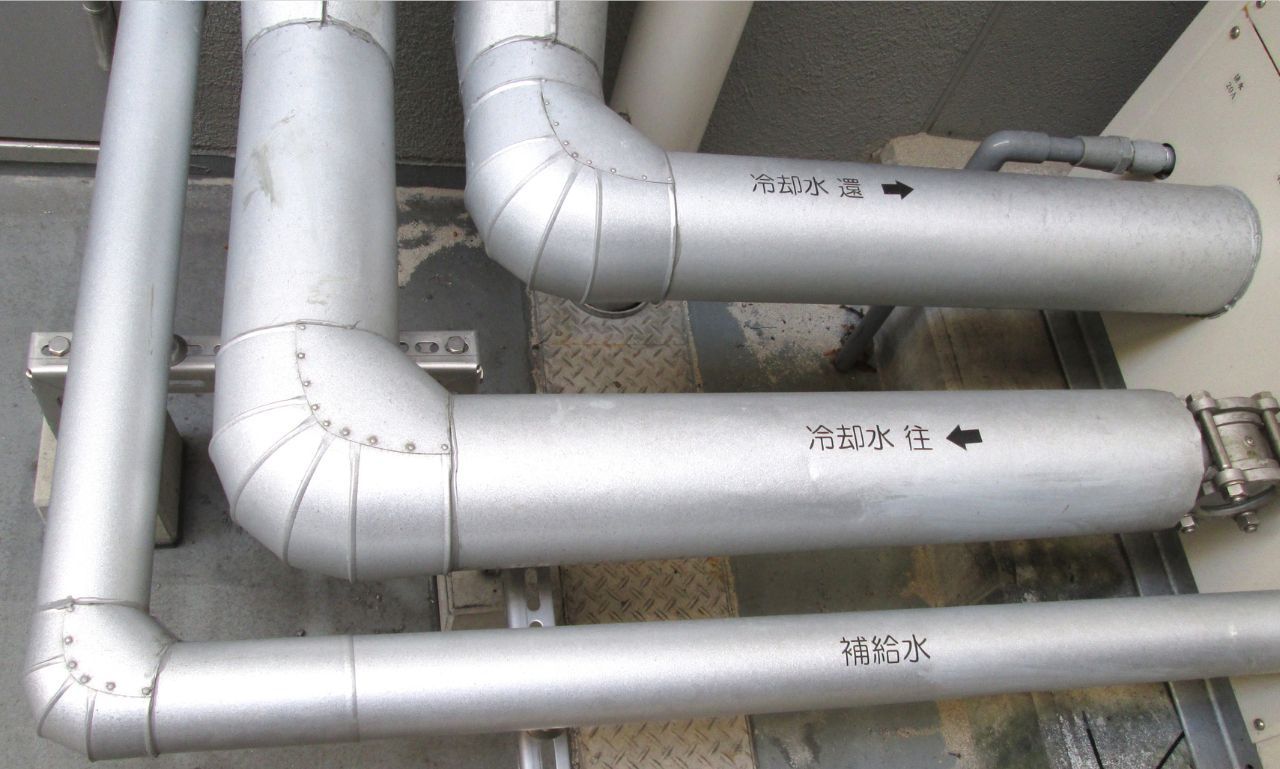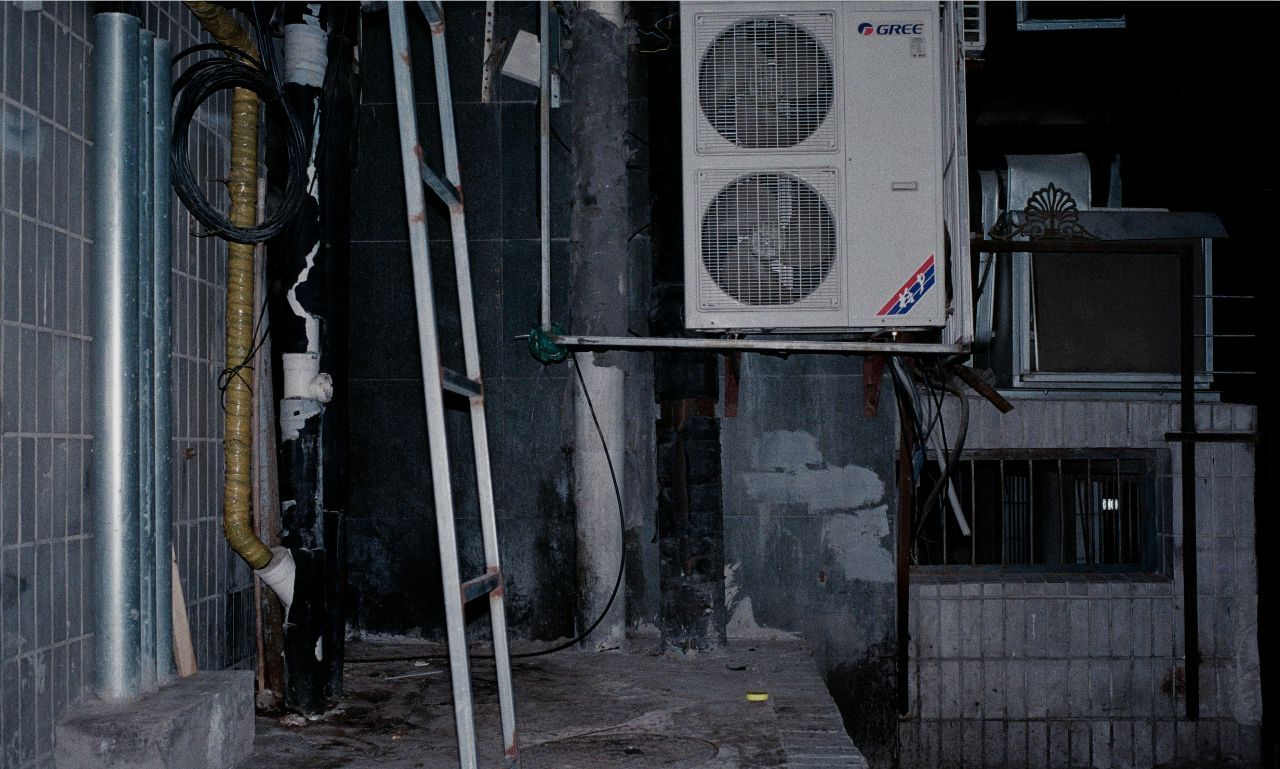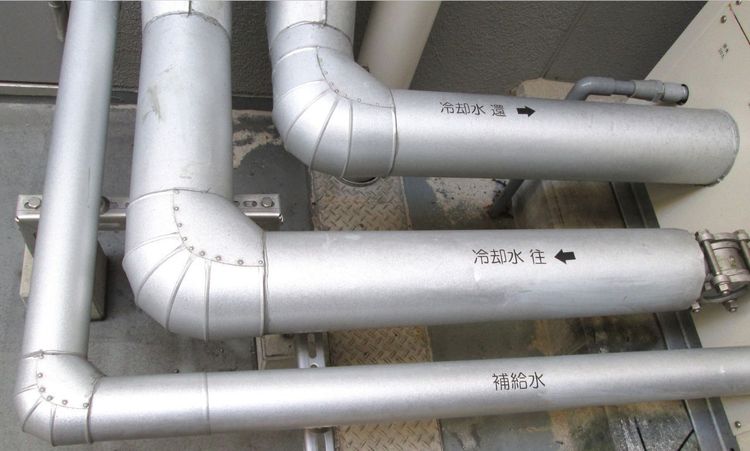Air conditioners are essential for maintaining comfort during hot weather, but they can sometimes develop issues that affect their performance. One common problem is the freezing of air conditioner pipes, which can lead to reduced cooling efficiency, higher energy bills, and even system failure if not addressed promptly. Understanding the causes of frozen AC pipes can help homeowners prevent this issue and ensure their system runs smoothly. . We’ll explore the key causes of frozen air conditioner pipes and how to remedy these issues before they escalate.
What are the Common Causes of Frozen Air Conditioner Pipes?
The Stifling Grip of Poor Airflow

Perhaps the most frequent offender in the case of frozen AC pipes is restricted airflow. Your air conditioner is designed to circulate air across the evaporator coils, facilitating the cooling process. When airflow is inhibited, the temperature around the coils plummets, dipping below freezing and causing any condensation on the coils to freeze.
Several factors can contribute to poor airflow, including:
- Dirty Air Filters: Clogged air filters act like stubborn gatekeepers, restricting the flow of air through the system. Imagine trying to breathe through a thick scarf – your AC experiences a similar struggle when its air filter is choked with dust and debris.
- Blocked Vents: Just as your AC needs to inhale air, it also needs to exhale. When vents are obstructed by furniture, curtains, or other objects, the air circulation is stifled, hindering the cooling process and potentially leading to frozen pipes.
- Closed Registers: While closing off vents in unused rooms might seem like a clever energy-saving trick, it can actually backfire. This practice disrupts the delicate balance of airflow in your system, potentially leading to pressure imbalances and, you guessed it, frozen pipes.
The Refrigerant Rollercoaster
Refrigerant is the lifeblood of your air conditioner, flowing through the system and absorbing heat to cool your home. When refrigerant levels dwindle, typically due to a leak, the cooling process is compromised. The remaining refrigerant, forced to work harder, can evaporate too quickly, causing the evaporator coils to become excessively cold and freeze.
Think of it like this: Imagine a single ice cube trying to cool a large pitcher of lemonade. The ice cube, representing the diminished refrigerant, will melt rapidly, struggling to keep up with the cooling demand.
Malfunctioning Blower Motor
The blower motor is the tireless workhorse of your AC system, responsible for propelling air across the evaporator coils and throughout your home. When this vital component malfunctions, airflow is severely compromised. Without adequate airflow, the evaporator coils can become too cold, leading to – you guessed it – frozen pipes.
Imagine a heart struggling to pump blood efficiently. Similarly, a malfunctioning blower motor struggles to circulate air, disrupting the delicate thermal balance within your AC system.
The Crumbling Infrastructure
Your air ducts are like the highways your AC system depends on to circulate cooled air into your home. Over time, these ducts can tear, develop holes, or even completely collapse. This disrupts the airflow, causing your AC to work much harder and maybe even resulting in frozen pipes.
Now, think of the highway filled with potholes and detours. Likewise, torn air ducts create unevenness in airflow, thereby making your AC inefficient and your pipes prone to freezing.
High Humidity Levels
While your air conditioner is designed to combat heat, it also plays a crucial role in dehumidifying your home. When humidity levels soar, the excess moisture in the air can condense on the already-cold evaporator coils, potentially leading to ice formation.
Think of it like this: Imagine stepping out of a hot shower into a steamy bathroom. The excess moisture in the air will quickly condense on any cold surface, much like it does on your AC's evaporator coils in humid conditions.
Inadequate Insulation
Insulation acts as a thermal barrier, preventing heat exchange between your home and the outside world. When your attic, walls, or even the refrigerant lines themselves are poorly insulated, it can cause the evaporator coils to work overtime, potentially leading to excessively cold temperatures and, consequently, frozen pipes.
Imagine trying to keep a snowball frozen on a hot summer day without a cooler. Similarly, inadequate insulation makes it difficult for your AC to maintain the optimal temperature difference, increasing the risk of frozen pipes.
What are the Signs of Frozen Air Conditioner Pipes?

While a visual inspection of your AC unit can confirm the presence of frozen pipes, your system often sends out subtle distress signals before the situation escalates. Recognizing these signs early on allows you to intervene promptly, potentially preventing further damage and costly repairs.
Decreased Cooling Efficiency
The most noticeable sign of frozen AC pipes is a decline in cooling power. If your once-frigid air conditioner now struggles to lower the temperature, it's time to investigate further.
Ice Build-up on Pipes
This sign is hard to miss. If you notice frost or ice accumulating on the refrigerant lines, the evaporator coils, or even the exterior of your AC unit, it's a clear indication that something is amiss.
Unusual Noises from the Unit
Your air conditioner, while not exactly known for its silence, should operate with a consistent hum. If you detect any hissing, bubbling, gurgling, or other unusual sounds emanating from the unit, it's a sign that something is amiss and requires immediate attention.
How to Prevent Frozen Air Conditioner Pipes
Now that you're well-versed in the causes and signs of frozen AC pipes, let's shift our focus to prevention. By adopting these proactive measures, you can significantly reduce the likelihood of encountering this chilling situation in the future.
Regular Maintenance
Just like any complex machine, your air conditioner thrives on regular maintenance. Scheduling annual tune-ups with a qualified HVAC technician ensures that your system is operating at peak efficiency and helps identify potential issues before they escalate into major problems.
Changing Air Filters
Think of your air filter as the first line of defense against dust, dirt, and debris. Replacing your air filter every 1-3 months, or more frequently if you have pets or live in a dusty environment, ensures optimal airflow and reduces strain on your AC system.
Keeping Vents Unblocked

Ensure that all vents and registers in your home are open and unobstructed. Maintain a clearance of at least two feet between furniture and vents to allow for proper air circulation.
Checking Refrigerant Levels
Refrigerant level checks are best performed by a qualified HVAC technician, and it is one of the most important methods of preventing iced-up pipes. During your annual visit, have the technician check the levels and immediately fix any leaks that may be present.
Conclusion
Frozen air conditioner pipes, while frustrating, are often preventable. BBy understanding what the most common causes are, recognizing the warning signs, and taking proactive prevention measures, you can stay cool even when the temperature soars. Remember, a well-maintained AC system is a happy AC system that will reward you with years of reliable refreshing comfort.




